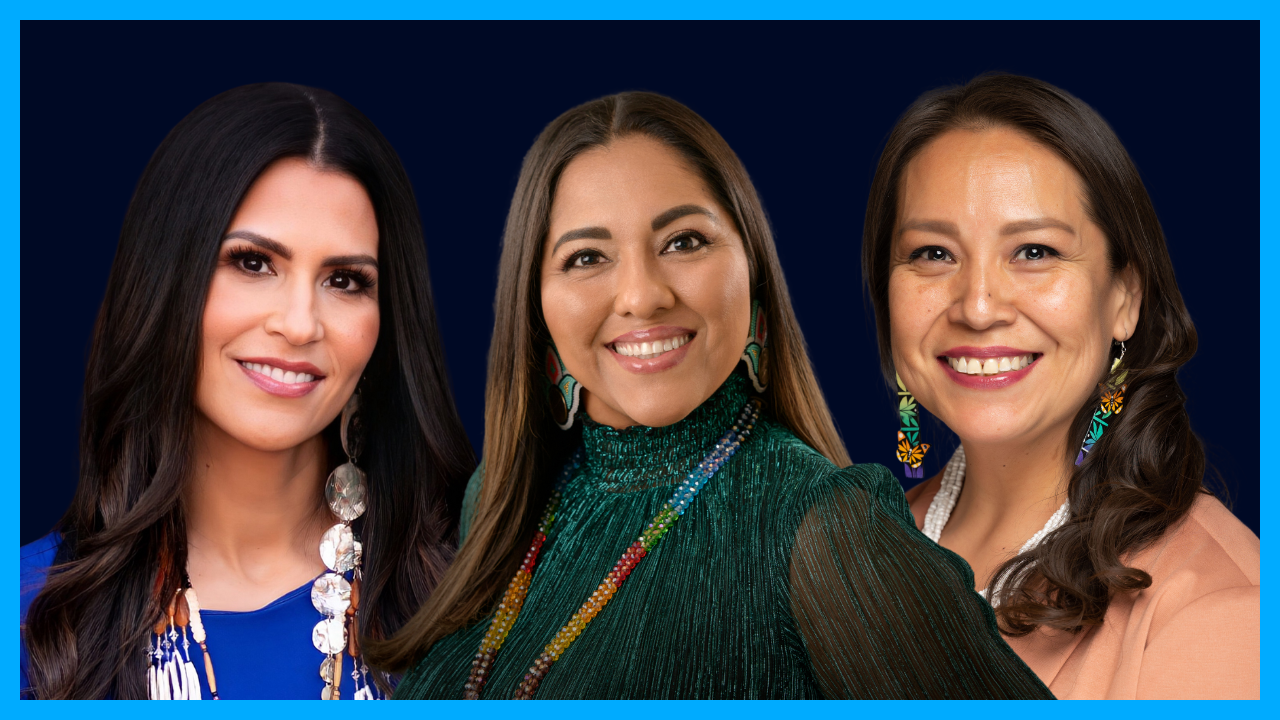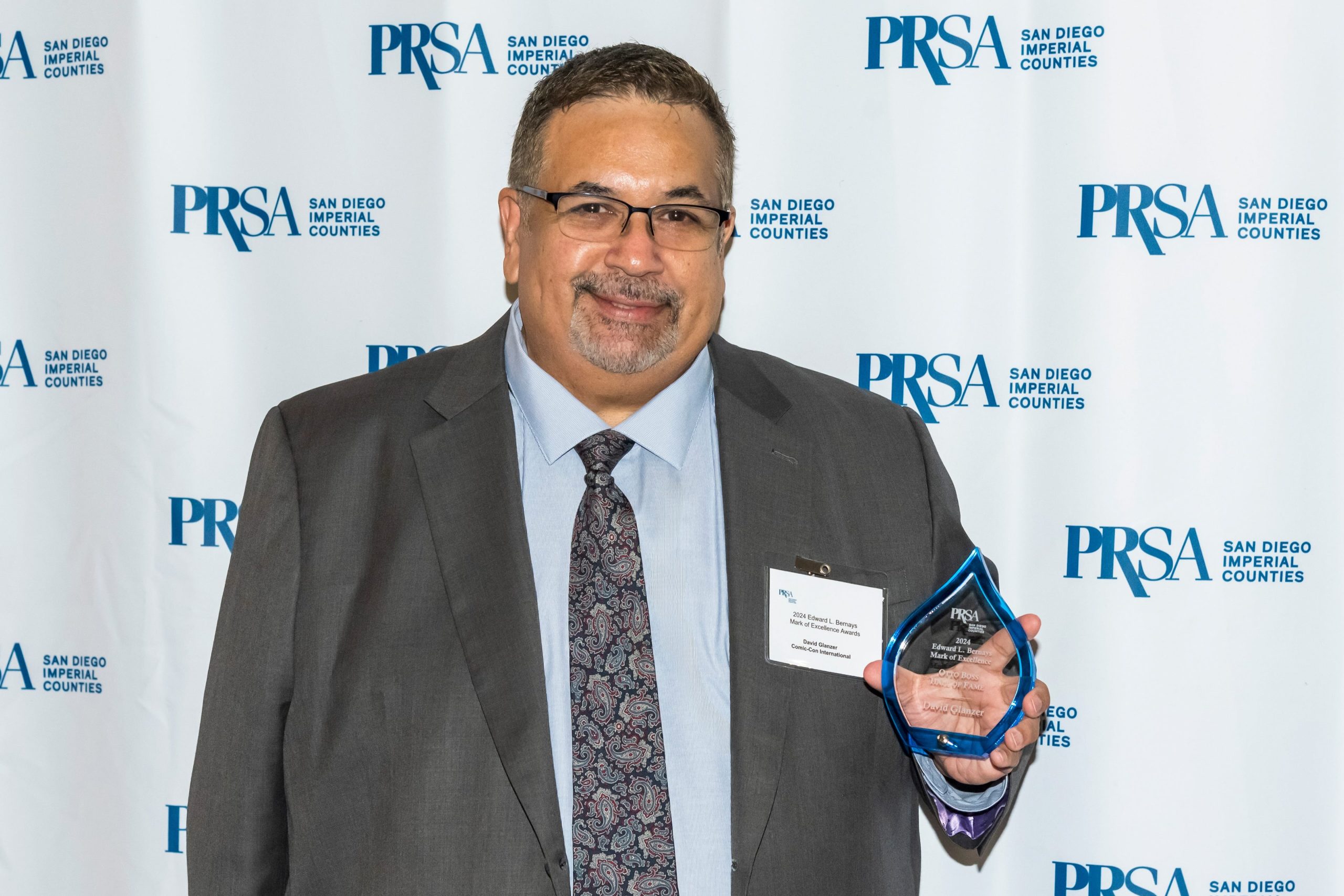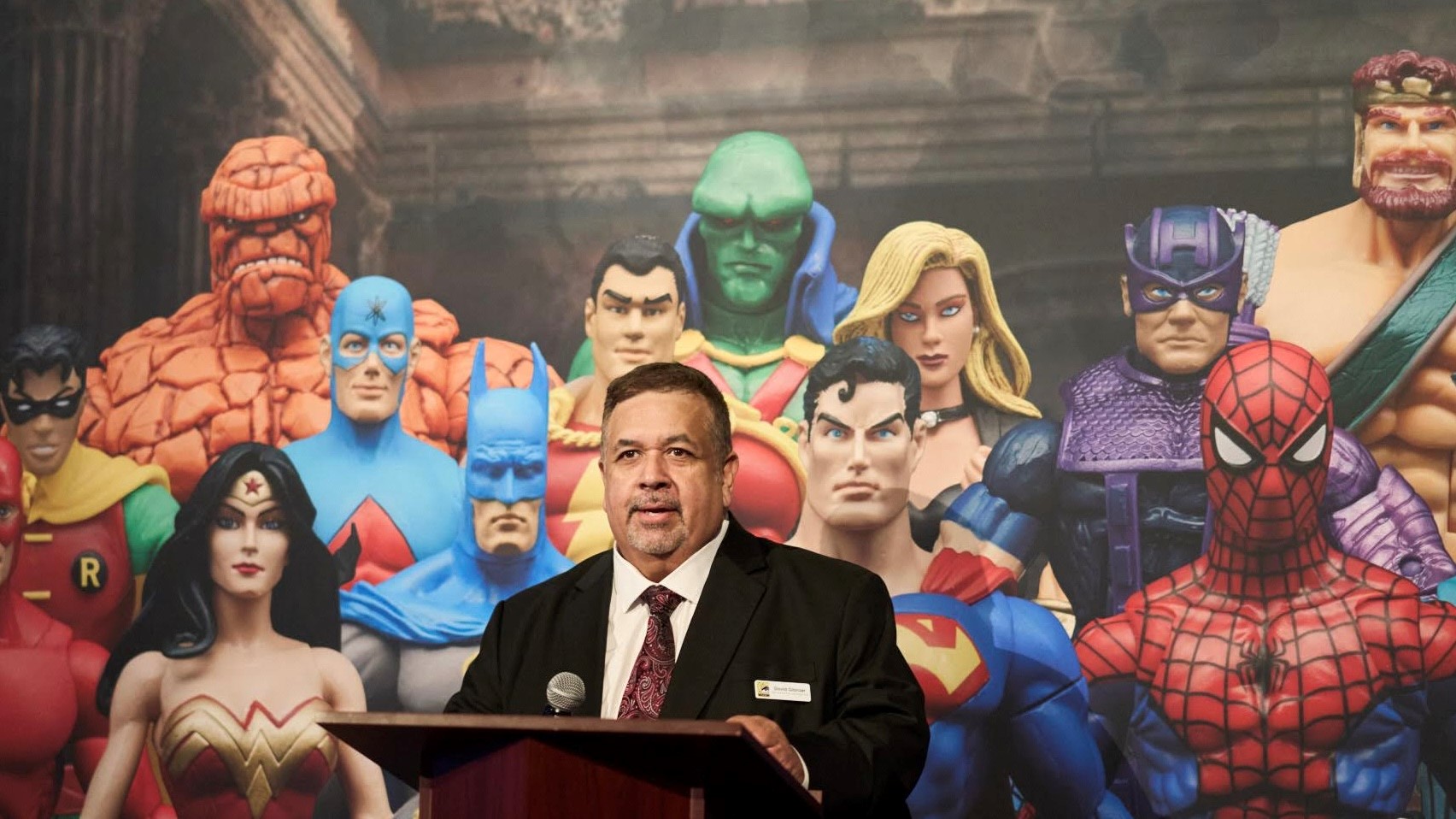The PRSA San Diego/Imperial Counties Chapter is thrilled to announce chapter member Staci Reidinger, APR+M, received the distinguished Paul M. Lund Public Service Award for her participation in important public activities that have increased the common good and reflected credit on the organization.
A passion for communication.
Learn how Staci’s experience in public affairs with the Marine Corps and dodging life or death scenarios shaped her passion for communicating information and serving the Greater San Diego community and her country.
What drew you to the public relations field while you were in the Marine Corps?
I had served in the Marine Corps from 1993 to 2000, and during that time I had some experience working in the administration and human resources field. A public affairs officer that I knew was organizing a Marine Corp ball ceremony and asked for my assistance in creating a video and doing a female voiceover. I was able to leverage my background in high school theater and use that creativity in a way that I could serve my country.
When I was offered the opportunity to attend college, I completed my bachelors’ degrees in English and Education at the University of Colorado and returned to the Marine Corps as an Officer. At Officer Training, you don’t get to choose your position necessarily, you are competing against other Marines who are also physically fit and mentally strong. I created a list of the 10 jobs I was interested in with Public Affairs being my number one.
Public Affairs is in alignment with me as the field requires you to be creative in writing and curious like a journalist. I fought for the position through my six months of Officer Training, working my butt off, and was one of two people, out of 200, who were accepted for the Public Affairs position.
What was the most challenging aspect of public affairs in the Marines and how has that prepared you for your future positions?
In the Marines, we are moving one hundred miles an hour, and in public affairs, you are not just working with the military in the United States but also dealing with international affairs. Your stakeholders include domestic media, international media, Congress, so it’s imperative you are precise. Each word and every action are weighted and are influential on your unit, especially those that are deployed in harm’s way. The pen is mightier than the sword. This taught me how to remain calm during chaotic situations where I needed to provide professional-level guidance that was timely and accurate, to senior leadership, the media and the public.
Public relations is not about theory learning, it’s practice, and that practice builds up your repertoire. I’ve dealt with many scenarios including crashes, casualties, deaths, bombs, all very stressful and high-profile. In these situations, you quickly understand and ask yourself, what is the process? What do I need to do? Who needs to be informed? What information can be released? I’m working with senior leadership, educating them on the importance of thoughtfully releasing information as it comes versus waiting. I would do it all over again.
These lessons are incredibly helpful for learning public relations professionals. Tell us about the program you implemented while in Afghanistan.
Every time you are relocated to a new place, you participate in an inbound interview. The Colonel I worked with quickly understood that I had a background in education and English and saw a gap in how information was disseminated from the government media center in Afghanistan. The colonel said, Hey, why don’t you go over there and check it out. See what they have going on.
Within two weeks I was challenged with creating a curriculum that taught public relations best practices to help report on serious incidents and building relationships with the local media. Fortunately, I wasn’t recreating the wheel as some tasks were being done exceptionally well. My goal is to empower these Afghans to speak to the people of Afghanistan in a way that builds trust and confidence. Some students weren’t fluent in English, so some conversations had to be translated every single time. My coworkers did amazing work helping with translation and in turn, helping me teach the students.
How have you been able to transfer your public relations knowledge into bettering the San Diego community?
HomeAid San Diego was founded in 2002 and is a non-profit organization dedicated to building multi-unit housing for San Diego’s temporarily homeless men, women and children. The organization serves as a platform for nonprofits that provide housing, including semi-permanent sites like shelters or permanent housing. There are those that fall on their luck that fall into homelessness. Some face mental or physical challenges and need assistance. HomeAid also leverages relationships with real estate entities and can support nonprofits in creating or renovating properties with low-cost labor and materials.
HomeAid came to me through PRSA and I sat down with one of HomeAid’s part-time employees who shared that the organization needed assistance with a digital assessment. I evaluated their media presence and conducted a stakeholder assessment to help them better understand their primary customers and how to better reach them. I’ve been able to help them take baby steps towards achieving the communications plan I presented to them.
Volunteering and helping with community relations has been a great learning experience. I highly recommend to anyone that is looking for a way to use their skills, to just find a small nonprofit that has a powerful mission yet limited resources and just see what you can do to help them. You’ll learn through that process as well as how to get things done on essentially zero budget.
What PRSA program have you found the most valuable as a member?
I didn’t know I was ever going to get accredited in public relations. The Accredited Public Relations (APR) process was something I was introduced to while working in the Marines and working on my masters. Learning the ins and outs of public relations through the APR program created a close touchpoint for me that expanded my level of professionalism. I highly recommend it. We are a tight knit family across the country.
What advice or insight would you like to offer to public relations professionals?
Having the knowledge and experience of working in the communications field may sometimes come across as trivial. People may think what we do is easy. It’s not. We have a unique and desired skillset that others claim to feel they have but they don’t. Don’t ever let people make you feel undervalued. Take pride in what we do and understand the power we embody in communicating through writing and through speaking. That is a skill.
We can also use our skills in discerning fact from fiction to help others understand and navigate information and to develop media literacy. Being a member of the Public Relations Society of America and its code of ethics reminds us to stand by those ethical guidelines in the work that we do and in our everyday lives.
Share This Story, Choose Your Platform!
Written by: PRSA SD/IC
Posted on: November 24, 2020
PRSA SD/IC is one of more than 100 chapters within the Public Relations Society of America, the world’s largest and foremost organization of public relations professionals.
